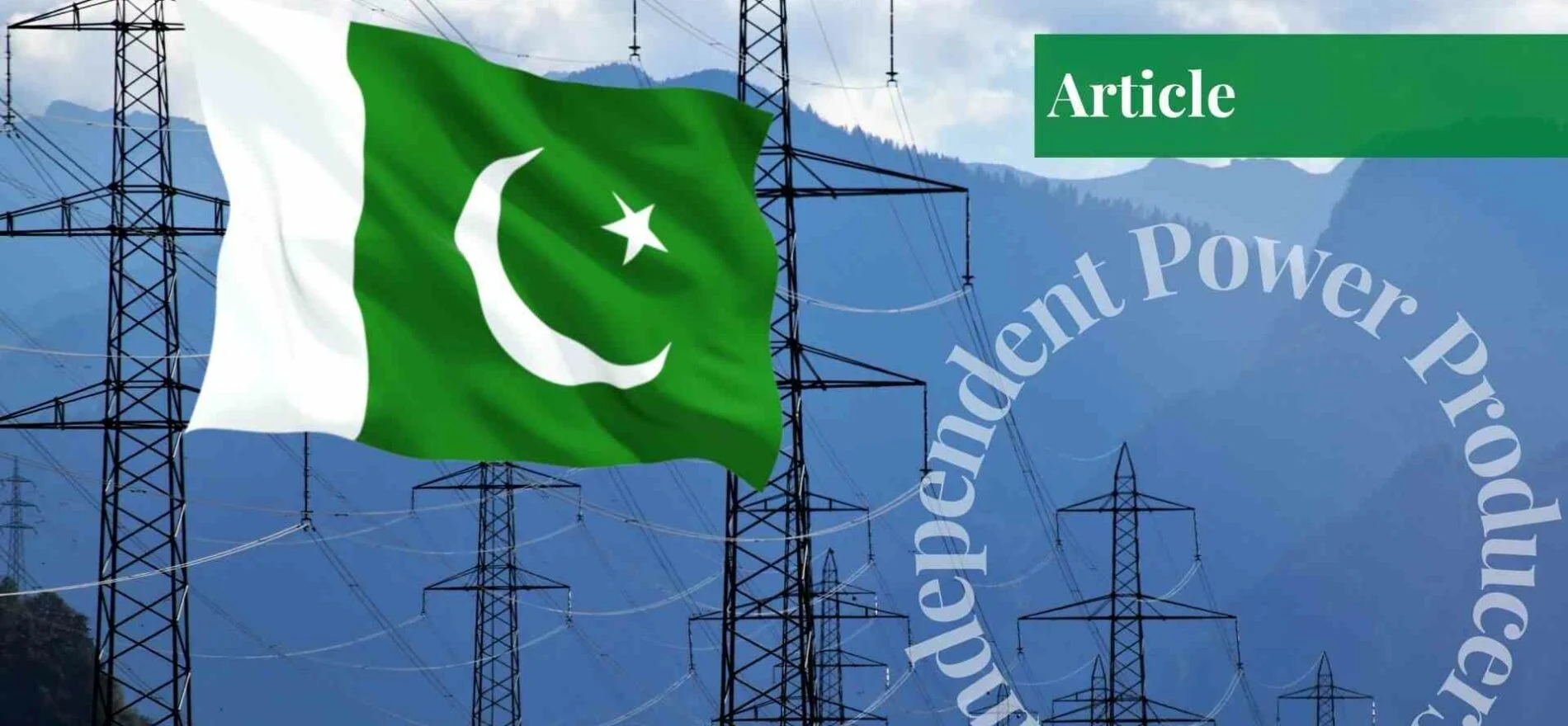
IPPs’ Increasing Payments Cause Economic Strain in Pakistan1
Government sources have recently highlighted the negative impact of Independent Power Producers (IPPs) on Pakistan’s economy, emphasizing that their role has been damaging due to escalating capacity payments. In the fiscal year 2023/24, IPP payments accounted for a massive 71% of the overall power purchase costs, leaving only 29% for energy costs. This imbalance is one of the primary reasons for the surging electricity prices that consumers are now experiencing.
The issue stems from the agreements made with IPPs, which have dollar-indexed contracts, making payments highly sensitive to fluctuations in the exchange rate. As a result, even minor devaluations of the Pakistani Rupee lead to significant increases in these payments. For the fiscal year 2024/25, these capacity payments are expected to surge to Rs 2.8 trillion, up from Rs 2.1 trillion in the current fiscal year, marking a 33% rise. This increase will translate into a projected Rs 5 per unit rise in electricity costs, adding an estimated Rs 310 billion to consumer bills.
The growing burden of IPPs is alarming, as it not only strains the government’s financial resources but also affects the overall economic stability of the country. Many experts argue that the existing contracts with IPPs need to be renegotiated or restructured to prevent further damage to the economy. The government is now under pressure to take decisive action, either by finding alternative energy solutions or revisiting the terms of these IPP agreements to provide relief to both the national budget and the general public.







